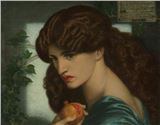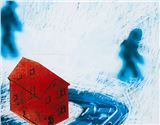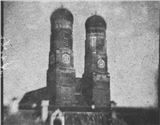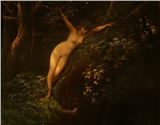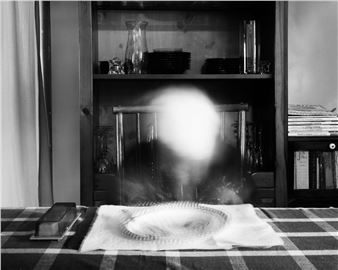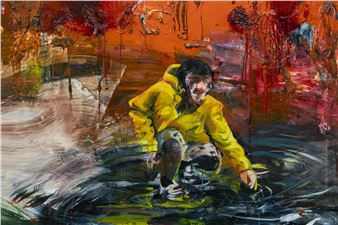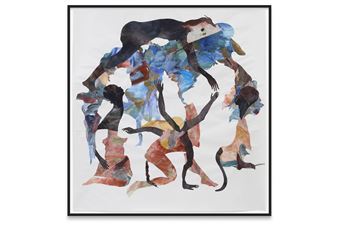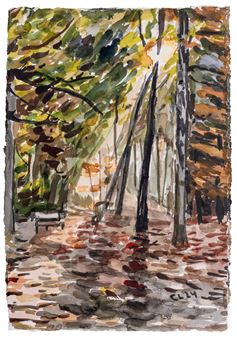Utopia
Peres Projects is pleased to present Utopia, a group exhibition with works by Sholto Blissett, Harm Gerdes, Nicholas Grafia, Donna Huanca, Bayrol Jiménez, Shuang Li, Cajsa von Zeipel and Ziping Wang. This exhibition explores imagery of mysticism as a vehicle for understanding the complexity and ambiguity of contemporary life and our unstable realities. While the title of the exhibition makes reference to Thomas More’s 16th century book, De optimo reipublicae statu deque nova insula Utopia, the works also consider the Greek origins of the word Utopia – “ou” meaning “not” and “topos” meaning place or nowhere.
An earlier title of More’s satire was “A little, true book, not less beneficial than enjoyable, about how things should be in a state and about the new island Utopia”. This emphasis on the affective experience of the text (as enjoyable), is taken up by the exhibition, which focuses on mysticism as an altered state of insight and transformation. Works by von Zeipel, Huanca, Jiménez and Grafia encourage embodied responses, inducing mystic inner experiences. These artists approach mysticism as speculative systems, with a set of ideals and spiritual connections rather than narrative approaches. The sensorial and emotional properties of these works examine capacities for self-creation and reinvention.
World building as a function of mysticism is also a motif that runs through the works included in Utopia. The imagery in Blissett, Gerdes, Li and Wang’s works probe the boundaries of their surroundings as a means for understanding and creating environments. These visions of the world emphasize affective atmospheres, referencing the nowhere that is inherent to utopia. Mysticism is shared by many traditions and religions, which demonstrates its endurance. These works which span painting, video and sculpture consider the influence that mysticism holds over truth. The artists participating in the exhibition explore these properties and interpret them in their own alternate ecologies and queer futures.
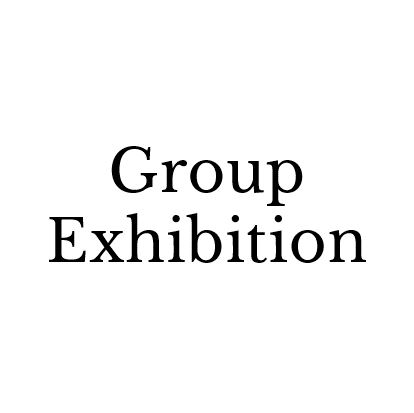
Recommended for you
Peres Projects is pleased to present Utopia, a group exhibition with works by Sholto Blissett, Harm Gerdes, Nicholas Grafia, Donna Huanca, Bayrol Jiménez, Shuang Li, Cajsa von Zeipel and Ziping Wang. This exhibition explores imagery of mysticism as a vehicle for understanding the complexity and ambiguity of contemporary life and our unstable realities. While the title of the exhibition makes reference to Thomas More’s 16th century book, De optimo reipublicae statu deque nova insula Utopia, the works also consider the Greek origins of the word Utopia – “ou” meaning “not” and “topos” meaning place or nowhere.
An earlier title of More’s satire was “A little, true book, not less beneficial than enjoyable, about how things should be in a state and about the new island Utopia”. This emphasis on the affective experience of the text (as enjoyable), is taken up by the exhibition, which focuses on mysticism as an altered state of insight and transformation. Works by von Zeipel, Huanca, Jiménez and Grafia encourage embodied responses, inducing mystic inner experiences. These artists approach mysticism as speculative systems, with a set of ideals and spiritual connections rather than narrative approaches. The sensorial and emotional properties of these works examine capacities for self-creation and reinvention.
World building as a function of mysticism is also a motif that runs through the works included in Utopia. The imagery in Blissett, Gerdes, Li and Wang’s works probe the boundaries of their surroundings as a means for understanding and creating environments. These visions of the world emphasize affective atmospheres, referencing the nowhere that is inherent to utopia. Mysticism is shared by many traditions and religions, which demonstrates its endurance. These works which span painting, video and sculpture consider the influence that mysticism holds over truth. The artists participating in the exhibition explore these properties and interpret them in their own alternate ecologies and queer futures.
Contact details


 ARTISTS
ARTISTS


